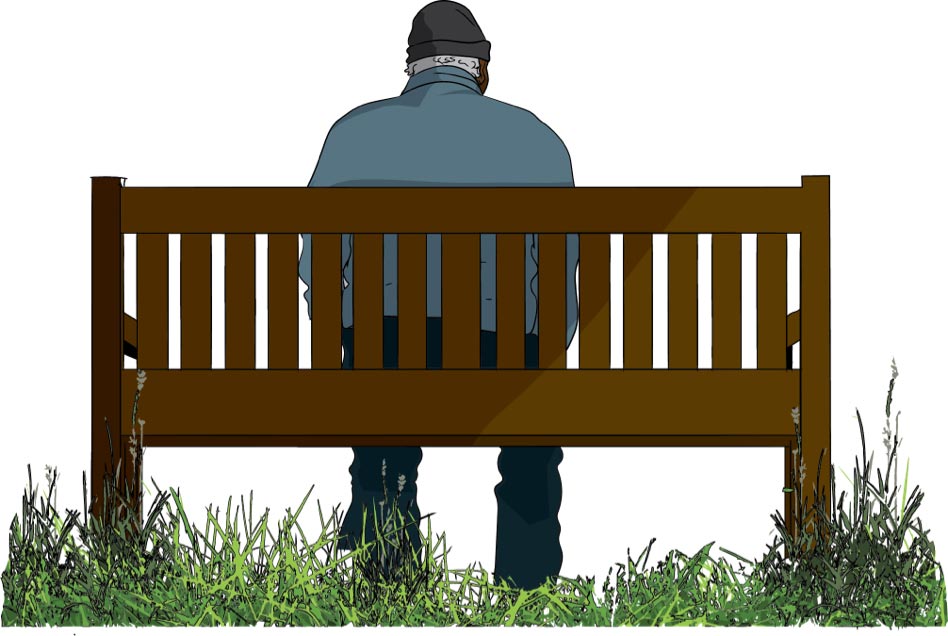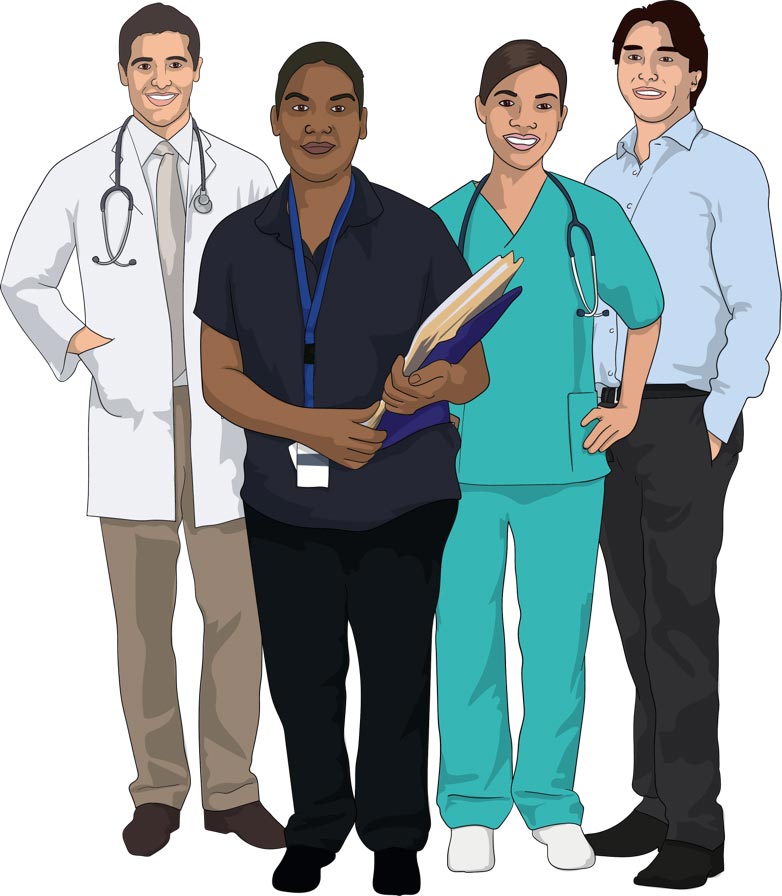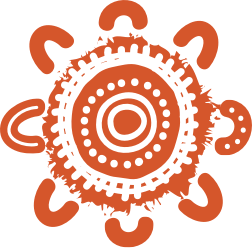- Home
- Finding out you have cancer
- Taking time out

Finding out you have cancer


Taking time out
Cancer is overwhelming at times. It can be tiring because your body, mind, and spirit are all dealing with the cancer and trying to stay strong. Elders and mob who have had cancer say taking time out during your cancer journey is one of the most important parts of your treatment.
It is important for our health and wellbeing to take the time to allow our body, mind and spirit to be replenished to keep us strong. Our mob have different ways of doing this. We have different ceremony, individual and family activities, including how we spend time on Country.
Taking a break
Our Ancestors and Elders have shown us how to be still and live in harmony with Country during good and bad times. Allowing yourself to take time out from all that is happening around you during cancer will strengthen you. See if you can find the time to just sit and listen to your feelings and thoughts. Allow Country strengthen you. Give yourself time to think things through, see things from a different viewpoint. This will help you to better understand your feelings and help you think more clearly. Spending time alone as well as with trusted family and friends will make the world of difference.
At times you may want to take a break from treatments and appointments. They take a lot of time and energy. Doctors and nurses are used to people telling them they need a break. It’s important to yarn with your doctors and medical team about what you are thinking and feeling so that plans can be made that might best help you.
So yarn with your doctor, nurse, or Aboriginal and/or Torres Strait Islander health worker. You can also contact the Cancer Council about help to arrange a short holiday.

Who can help?
Elders can make you feel at home and you can draw on their wisdom to support you through the cancer journey.
Family and friends are important and they’ll want to help. Let them know what you need and how best to support you.
Aboriginal and/or Torres Strait Islander health workers are there to help create a culturally safe space and understand culture, offer support and answer questions. They can guide you through the health care system and assist with your cultural needs.
Aboriginal Liaison Officers work in hospitals and can help you through your time there.
General Practitioners (GPs/doctors) can put you in touch with people who provide emotional, spiritual and practical support.
Cancer nurses are experienced in helping people cope with many aspects of having cancer.
Traditional Healers can work with you in personal, cultural ways.
Social workers offer advice about finances and practical support.
Psychologists do assessments for mental health and wellbeing issues and can do counselling and make plans for improving wellbeing.
Psychiatrists are doctors who help identify and treat mental health and wellbeing concerns like depression and anxiety.
Counsellors are there to listen to your story. They help you work out what’s worrying you and how to handle it. If your local health service or hospital doesn’t have one, you can call the Cancer Council Helpline on 13 11 20.
Occupational therapists help you overcome physical problems or barriers caused by cancer and treatment.
Physiotherapists provide physical support, massage and manipulation to help with mobility and reduce pain that could come from cancer and treatment.
Speech therapists help you with speech, eating and swallowing problems if these happen from cancer or treatment.
Dietitians or nutritionists help you to overcome eating problems and have a healthy diet that’s right for you.
Being on Country
Many of our mob feel better when they spend time on Country. For those who can’t be on their own ancestors’ Country, being among other Aboriginal and Torres Strait Islander people and community and near the bush or water or around a camp fire helps. It’s important to make time for connection. Local Elders and Aboriginal and/or Torres Strait Islander health workers can help you if you are away from your Country.
Talking to others like you
It can help to talk to others who have been through a cancer journey, or who are going through it. To find help from mob:
- check your local Aboriginal and Torres Strait Islander Community Controlled (ACCHO) health service
- yarn with doctor, nurse or Aboriginal and/or Torres Strait Islander health worker or the hospital Aboriginal and/or Torres Strait Islander health worker liaison officer to link you up with a support group or counsellor
- call the Cancer Council on 13 11 20.
How to ask for help?
It can be hard to ask for help to cope with how you’re feeling. But there’s no shame job in yarning about your feelings and thoughts Here are some words you could use:
- Can’t sleep: “I can’t sleep, I'm too worried. Can I yarn with you?”
- Not coping: “I want some help with how to cope with all this. Are there helplines or places I can go to get some help?”
- Overwhelmed: “It’s all too much for me. Is there someone who can help me sort out what to do next?”
- Sadness: ”All this making me feel sad. Can I yarn with you about what happening?”
If you ask, people will help. And if you don’t get the help you think you need, ask someone else and keep trying because things will come together for you, like they have for other mob going through the cancer journey.
Life with and after cancer
FIND OUT MORE
Where can I get help and support?
FIND OUT MORE

